10 Symptoms you may have a kidney disease
Millions of people have renal disease, yet the majority are unaware of it. "There are a variety of physical indications of kidney disease, however, they are often misdiagnosed as other illnesses." Furthermore, kidney disease patients often do not show symptoms until the very end of the disease, when the kidneys are failing or there is a lot of protein in the urine. According to Dr. Joseph Vassalotti, Chief Medical Officer of the National Renal Foundation, "this is one of the reasons why only 10% of persons with chronic kidney disease are aware that they have it."
Here are some common symptoms that can be spotted amongst people who could potentially have a kidney disease :
On both sides of your spine, your kidneys are fist-sized organs placed at the bottom of your rib cage. They serve a variety of purposes. Most importantly, they purify your blood by filtering extra water, waste materials, and other contaminants. These waste materials are stored in your urinary bladder and then released out of the body via urine. Your kidneys also control the pH, salt, and potassium levels in your body. They also generate hormones that govern the development of red blood cells and regulate blood pressure. It is crucial to maintain kidney health for one’s overall well being. Your body will filter and discharge waste effectively and create hormones to assist your body to operate properly if your kidneys are healthy.
Here are some suggestions to maintain your kidneys in good shape.
-
You're exhausted, low on energy, and can't seem to concentrate. Toxins and pollutants can build up in the circulation if kidney function declines significantly. This might leave people exhausted, weak, and unable to focus. Another side effect of renal disease is anemia, which can cause fatigue and weakness.
-
You're having difficulty sleeping. When the kidneys aren't filtering well enough, toxins stay in the circulation rather than departing the body through urine. This might make it difficult to sleep. Obesity has also been associated with chronic kidney disease, and chronic kidney disease patients have a higher rate of sleep apnea than the overall population.
-
Your skin is flaky and irritated. In good health, the kidneys conduct a number of important processes. They aid in the removal of waste and excess fluid from your body, the formation of red blood cells, the maintenance of healthy bones, and the proper mineral balance in your blood. Mineral and bone sickness, which is frequent in severe renal failure and occurs when the kidneys are no longer able to maintain the right balance of minerals and nutrients in the blood, can cause dry, itchy skin.
-
You have a strong need to urinate more frequently. It might be a sign of renal disease if you're urinating more frequently, especially at night. The need to urinate might grow greater when the kidney filters are impaired. This might be an indicator of a urinary infection or an enlarged prostate in men.
-
Your pee contains blood. When the kidneys filter wastes from the blood to generate urine, the blood cells are generally kept in the body, but if the filters in the kidneys fail, the blood cells might "leak" into the urine. In addition to renal illness, blood in the urine might signify malignancies, kidney stones, or an infection.
-
The consistency of your urine is foamy. Excessive bubbles in the urine, particularly those that take many flushes to dissolve, indicate the presence of protein. This froth may mirror the foam you see when scrambling eggs since the common protein present in urine, albumin, is the same protein found in eggs.
-
You have a reoccurring problem with puffiness around your eyes. Protein in the urine indicates that the kidney filters have been compromised, enabling the protein to enter the urine. Your kidneys may be releasing a lot of protein into your urine instead of retaining it, creating puffiness around your eyes.
-
Your ankles and feet are swollen. Salt retention, which causes edema in the feet and ankles, can be caused by reduced renal function. Swelling in the lower limbs can be caused by a variety of factors, including heart disease, liver disease, and chronic leg vein issues.
-
You don't seem to have much of an appetite. This is a pretty common symptom, but a buildup of toxins owing to impaired renal function might be one of the causes.
-
You have stiff muscles. Electrolyte imbalances can occur when renal function is impaired. Low calcium levels and poorly regulated phosphorus, for example, might induce muscle cramping.
Dr. Sucheta Yadav, the director of the nephrology department, is a well-known expert in the field who has obtained this knowledge over many years of practice. She is the most qualified kidney problems doctor in Rewari. SS Kidney Hospital is without a doubt the top hospital since its team of doctors strives to provide the best treatment at the most affordable pricing so that everyone may afford healthcare. SS Kidney Hospital is the best place to go if you have a kidney problem, such as kidney stones. We mix compassion, competence, and devotion to get the greatest results, which is why all of our patients, whom we refer to as a family, strongly recommend us.
FOR ANY QUERIES/ TO FIX AN APPOINTMENT — Contact us

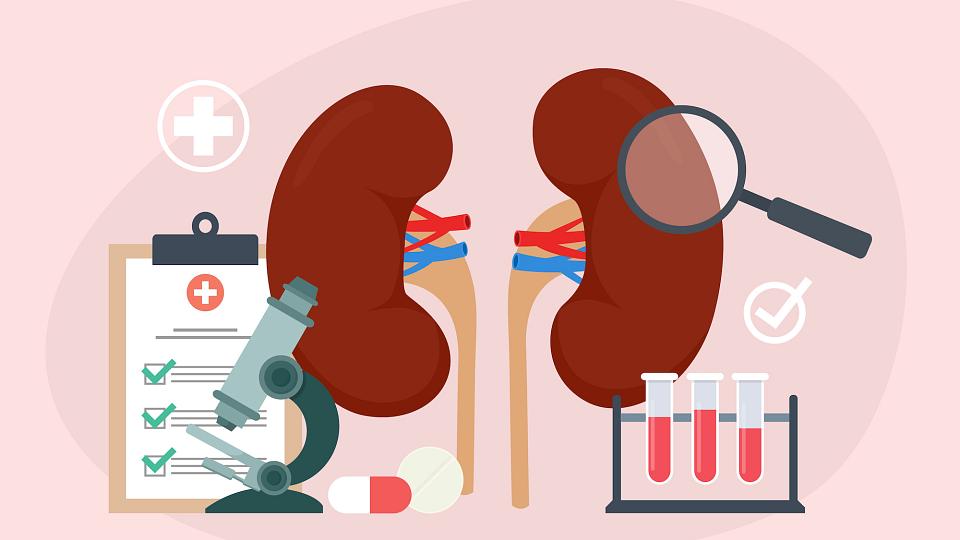


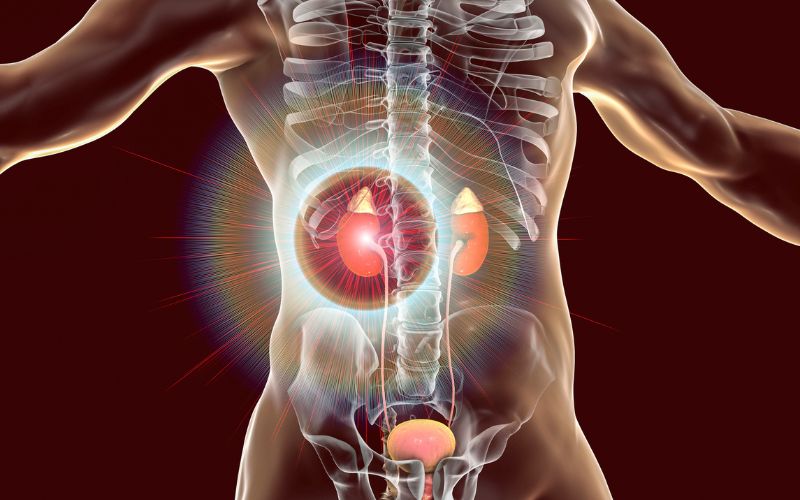
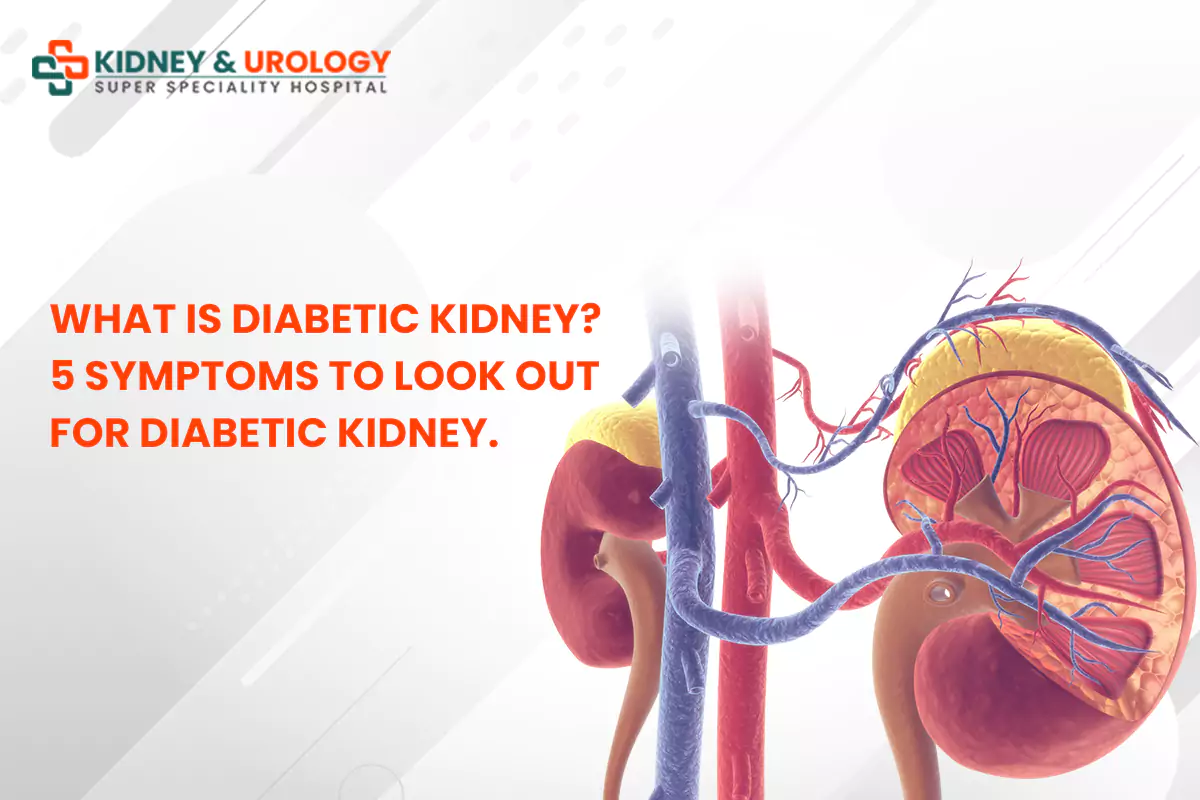
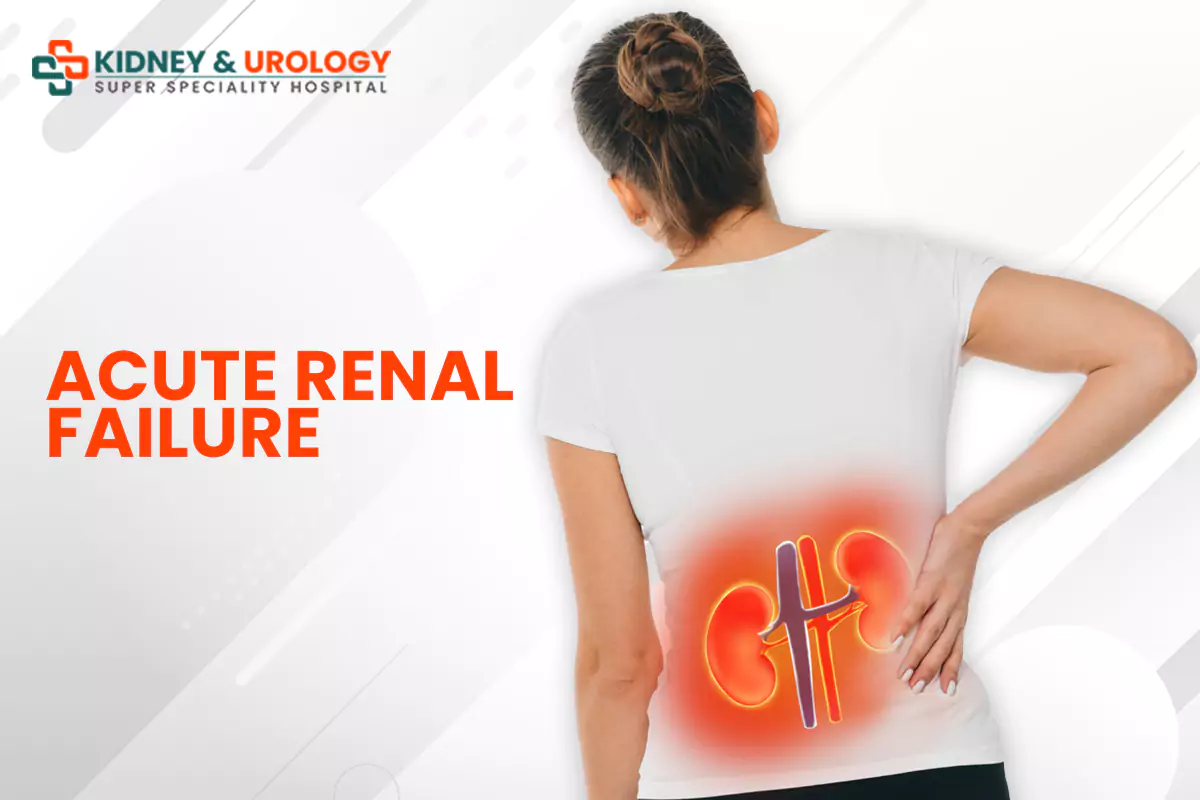
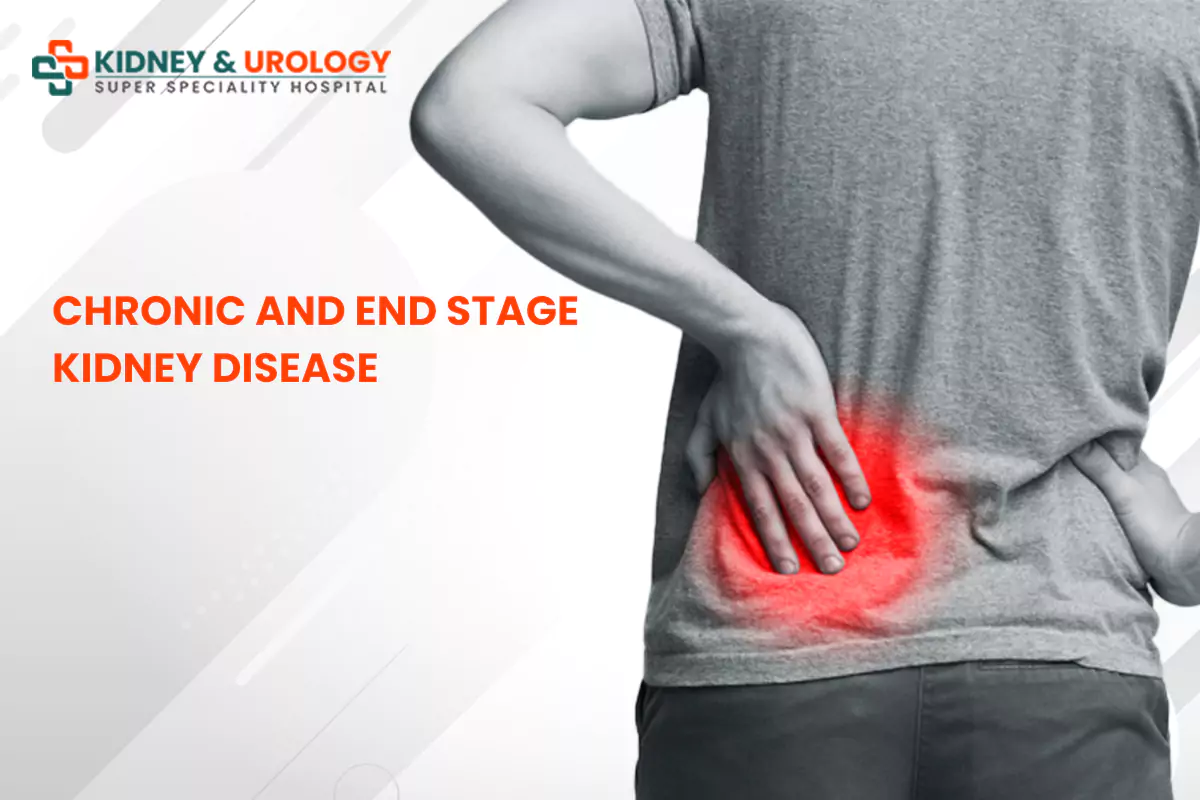

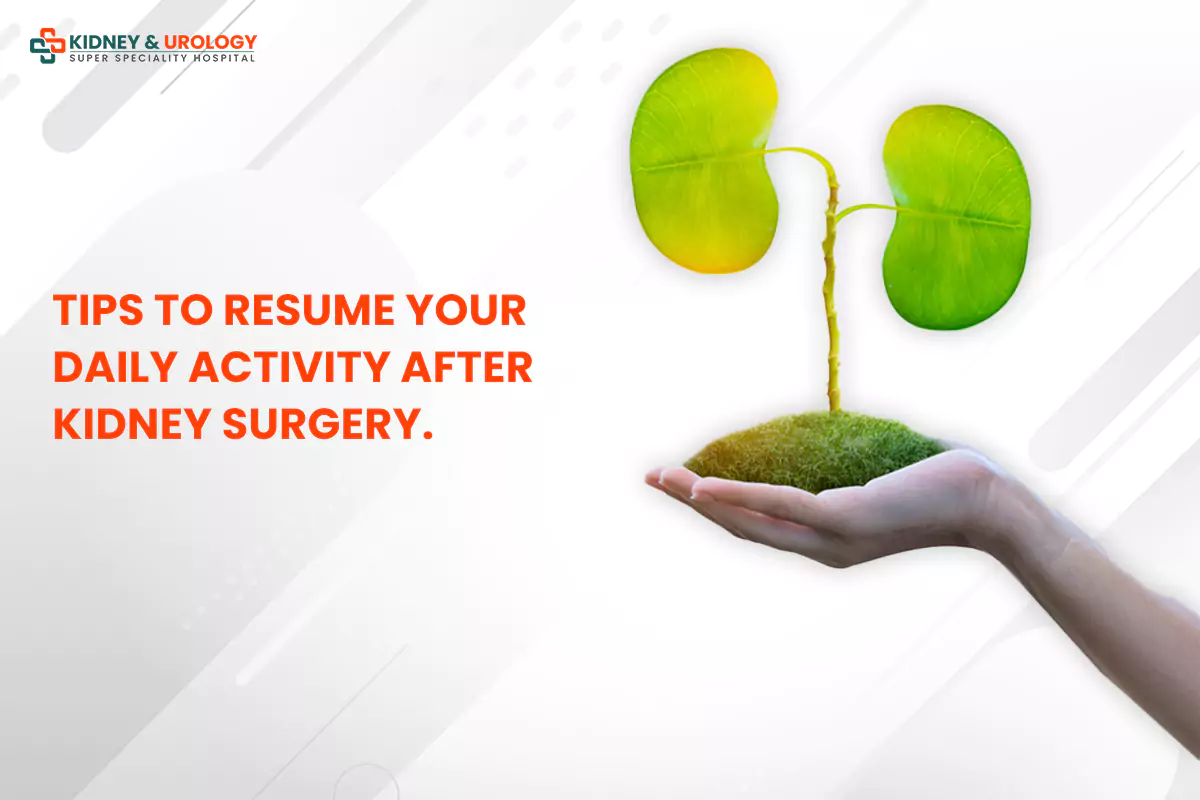




Request A Callback